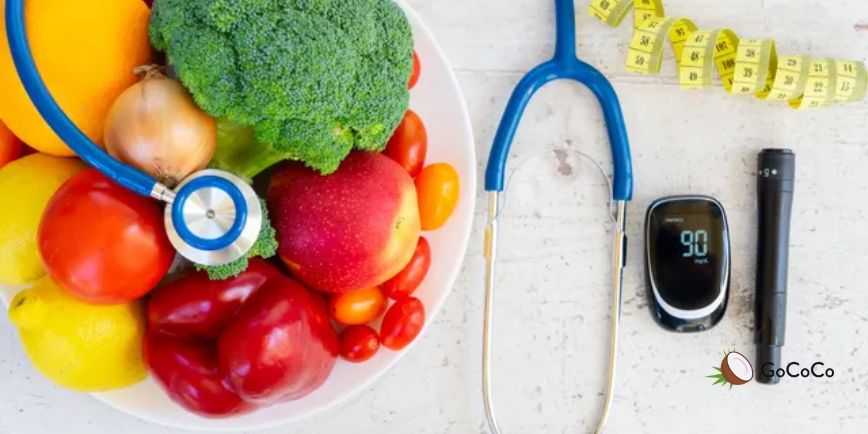Can Diabetes Be Reversed? What Science Says and How to Improve Your Health

Understanding What “Reversing” Diabetes Really Means
Before we dive into possibilities, it’s important to be clear about the language used:
- Cure – The condition is permanently gone. Currently, no cure exists for diabetes.
- Remission – Blood sugar levels remain in a healthy range without medication for at least several months. The condition can return if lifestyle changes aren’t maintained.
💡 In most cases, when people say “reverse,” they actually mean remission, especially for type 2 diabetes.
In other words, it’s about managing the condition so well that your blood sugar stays stable but regular monitoring is still important.
Can Type 1 Diabetes Be Reversed?
Type 1 diabetes is an autoimmune condition where the body’s immune system attacks the cells that produce insulin. This means your body no longer makes enough (or any) insulin on its own.
At present, type 1 diabetes cannot be reversed. Management focuses on:
- Insulin therapy
- Balanced, whole-food eating
- Regular activity
- Monitoring blood sugar
- Managing stress and sleep
These steps help prevent complications and maintain energy levels, but they don’t remove the need for insulin.
Can Type 2 Diabetes Be Reversed or Put into Remission?
Research shows that for some people,especially those recently diagnosed,type 2 diabetes can go into remission. This is more likely when healthy habits are started early and maintained long term.
Factors that help include:
- Weight loss (if recommended by your doctor)
- Balanced, whole-food eating — focus on vegetables, whole grains, plant-based proteins, and healthy fats
- Regular physical activity — aim for a mix of walking, strength training, and stretching
- Better sleep and stress management
Even if remission isn’t possible, these habits can help lower blood sugar, reduce the risk of complications, and improve overall health.
Everyday Lifestyle Habits That Support Remission and Better Health
You don’t have to follow a strict or extreme diet to make progress. Small, consistent steps can lead to big improvements:
- Start meals with a salad or steamed vegetables to slow sugar absorption.
- Replace sugary drinks with water, herbal tea, or sparkling water.
- Include 20–30 minutes of movement most days, even walking counts.
- Keep consistent sleep and meal times to help regulate your body’s rhythms.
These actions support not just blood sugar control, but also heart, brain, and digestive health.
Why Every Improvement Matters — Even Without Full Remission
It’s important to remember that not everyone will achieve remission, and that’s okay. Every healthy change,no matter how small,can improve your quality of life.
You might notice:
- More stable energy levels
- Better sleep
- Improved digestion
- Lower risk of heart disease and other complications
Think of it as building a healthier foundation. The goal isn’t perfection, it’s steady, sustainable progress.
While type 1 diabetes cannot be reversed and type 2 diabetes cannot be “cured,” remission is possible for some people with type 2.
More importantly, every positive step,from eating more vegetables to adding daily walks, can make a real difference in your long-term health.
You don’t need to transform your lifestyle overnight. Start small, keep going, and remember: progress is powerful.




